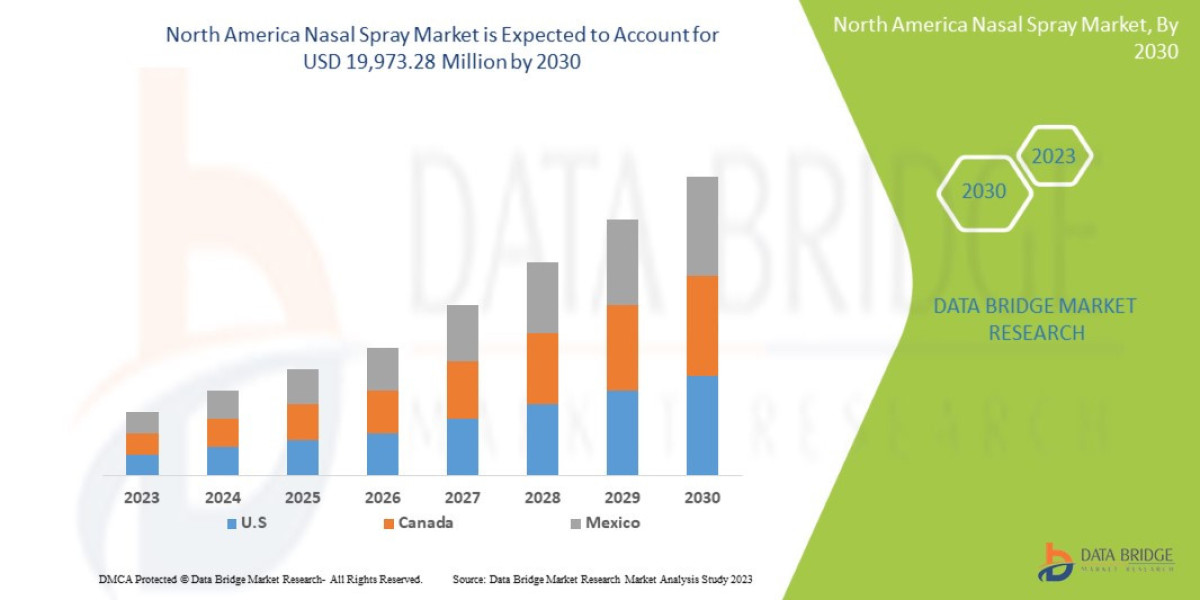Introduction
In Australia’s dynamic healthcare landscape, the role of health recruitment specialists has become increasingly vital. These professionals bridge the gap between healthcare organisations and qualified personnel, ensuring that medical facilities are adequately staffed with competent professionals. This article delves into the multifaceted responsibilities of health recruitment specialists, the essential skills they possess, best practices they employ, effective hiring strategies, and emerging trends shaping healthcare staffing.
What Do Health Recruitment Specialists Do?
Health recruitment specialists are professionals who focus on sourcing, evaluating, and placing qualified healthcare personnel into various roles within medical facilities. Their responsibilities encompass:
Talent Sourcing: Identifying potential candidates through various channels, including job boards, professional networks, and educational institutions.
Screening and Evaluation: Assessing candidates' qualifications, experience, and cultural fit to ensure they meet the specific needs of healthcare organisations.
Placement: Matching candidates with appropriate roles, whether permanent, temporary, or locum, based on the requirements of the healthcare facility.
Compliance Management: Ensuring that all placements adhere to relevant healthcare regulations and standards.
Onboarding Support: Assisting both candidates and employers in the onboarding process to facilitate a smooth transition.
Essential Skills of Health Recruitment Specialists
To effectively perform their duties, health recruitment specialists must possess a diverse skill set:
Industry Knowledge: A deep understanding of the healthcare sector, including the various roles, qualifications, and regulatory requirements.
Communication Skills: The ability to communicate effectively with both candidates and healthcare organisations, ensuring clear expectations and understanding.
Assessment Abilities: Proficiency in evaluating candidates' skills, experience, and cultural fit to ensure successful placements.
Negotiation Skills: The capability to negotiate terms and conditions that satisfy both the candidate and the employer.
Problem-Solving: The ability to address challenges that may arise during the recruitment process, such as skill shortages or compliance issues.
Best Practices in Healthcare Recruitment
Health recruitment specialists employ several best practices to enhance the recruitment process:
Building Strong Networks: Establishing and maintaining relationships with healthcare professionals and organisations to facilitate quicker placements.
Continuous Learning: Staying updated with the latest trends, regulations, and technologies in the healthcare sector to provide informed recruitment services.
Utilising Technology: Leveraging recruitment software and platforms to streamline the sourcing, screening, and placement processes.
Candidate Engagement: Maintaining regular communication with candidates to keep them informed and engaged throughout the recruitment process.
Feedback Mechanisms: Implementing feedback systems to assess the effectiveness of placements and identify areas for improvement.
Effective Hiring Strategies
Health recruitment specialists adopt various strategies to attract and retain top talent:
Targeted Advertising: Posting job openings on platforms frequented by healthcare professionals to reach a relevant audience.
Employer Branding: Promoting the values, culture, and benefits of healthcare organisations to attract candidates who align with their ethos.
Referral Programs: Encouraging current employees to refer qualified candidates, often incentivised to motivate participation.
Internship and Training Programs: Collaborating with educational institutions to offer internships or training programs, providing a pipeline of future talent.
Competitive Compensation Packages: Offering attractive salary and benefits packages to entice top-tier candidates.
Emerging Trends in Healthcare Staffing
Several trends are influencing healthcare staffing in Australia:
Telehealth Expansion: The growth of telehealth services has increased the demand for remote healthcare professionals, necessitating recruitment strategies that address this shift.
Aged Care Workforce Demand: With an ageing population, there is a heightened need for aged care professionals, prompting recruitment specialists to focus on this sector.
Diversity and Inclusion: Healthcare organisations are placing greater emphasis on diversity and inclusion, leading recruitment specialists to adopt inclusive hiring practices.
Technology Integration: The use of artificial intelligence and data analytics in recruitment processes is streamlining candidate sourcing and placement.
Flexible Work Arrangements: The rise of flexible work options is influencing recruitment strategies, with specialists offering roles that accommodate work-life balance preferences.
Conclusion
Health recruitment specialists play a crucial role in ensuring that Australia's healthcare sector remains adequately staffed with qualified professionals. By understanding their responsibilities, honing essential skills, adhering to best practices, implementing effective hiring strategies, and staying abreast of emerging trends, these specialists contribute significantly to the delivery of quality healthcare services. As the healthcare landscape continues to evolve, the role of health recruitment specialists will remain integral to meeting the staffing needs of medical facilities across the nation.





